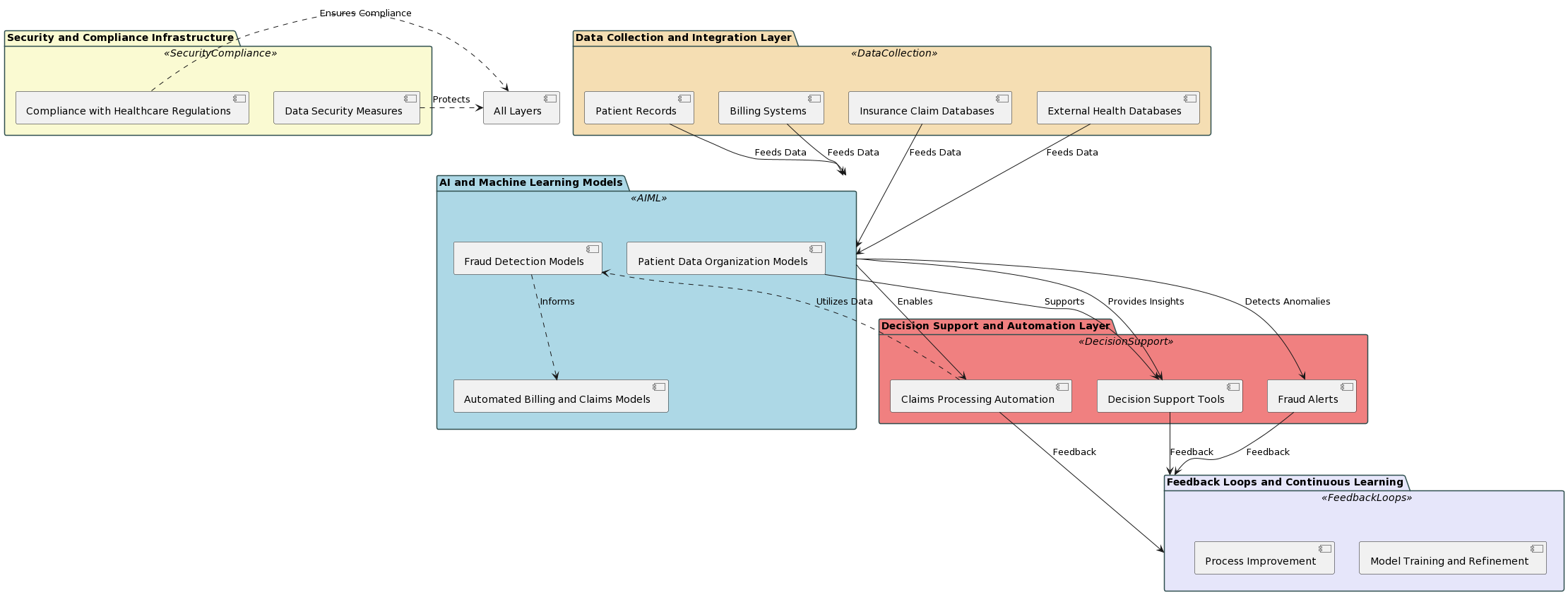AI-enabled Hospital Management Systems for Modern Healthcare: An Analysis of System Components and Interdependencies
Keywords:
Administrative, Efficiency, Healthcare, Integration, OptimizationAbstract
Background: The integration of Artificial Intelligence (AI) into hospital management systems represents a transformative shift in modern healthcare, promising to increase operational efficiency, patient care quality, and administrative services. This research analyzes the composite structure of components and the interdependencies of the applications of AI across hospital operations, administrative and financial services, and patient engagement.
Methods: We systematically analyze the integration of AI in three key areas: i) hospital operations and workflow optimization, ii) administrative and financial services, and iii) patient engagement and experience. Our analysis focuses on the underlying structures, including data collection and analysis layers, decision support systems (DSS), execution and monitoring frameworks, and the integration and communication infrastructures that facilitate these operations. We examine the interdependencies among various components such as resource allocation, supply chain management, facilities management, billing and claims processing, fraud detection, patient data management, personalized patient communication, appointment scheduling, and remote monitoring.
Results: Our findings reveal that AI-enabled systems in hospital management are built on a foundation of extensive data collection and analysis, applying machine learning models to predict, optimize, and automate processes. Decision support systems are used in facilitating resource allocation, Hospital supply chain optimizations, and facilities management, with an execution and monitoring layer ensuring the implementation of these decisions. Interdependencies among these components are critical for achieving efficiency and effectiveness, with feedback loops enabling continuous improvement. In administrative and financial services, AI automates billing and claims processing, enhances fraud detection, and improves patient data management. Patient engagement benefits from personalized communication, optimized appointment scheduling, and innovative remote monitoring solutions, all of which contribute to a more patient-centered healthcare experience.
Conclusion: The integration of AI into hospital management systems holds significant promise for enhancing healthcare delivery and patient outcomes. Healthcare providers can better implement and use AI technologies by understanding the structure and interdependencies of system components.

